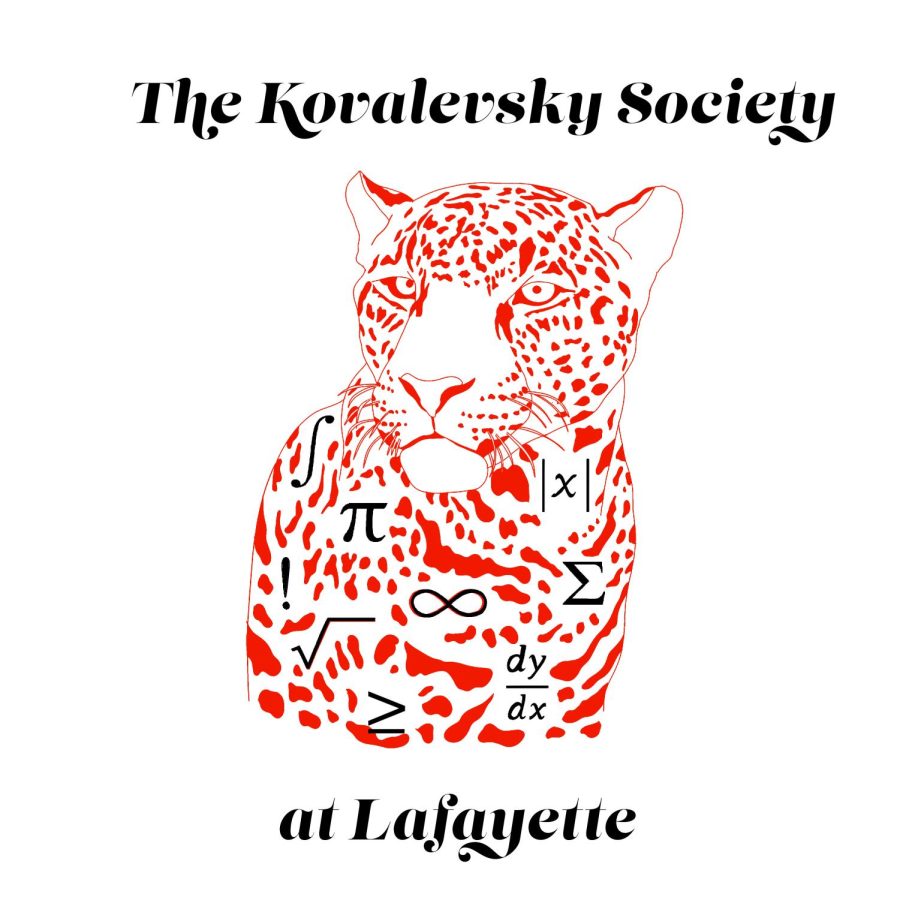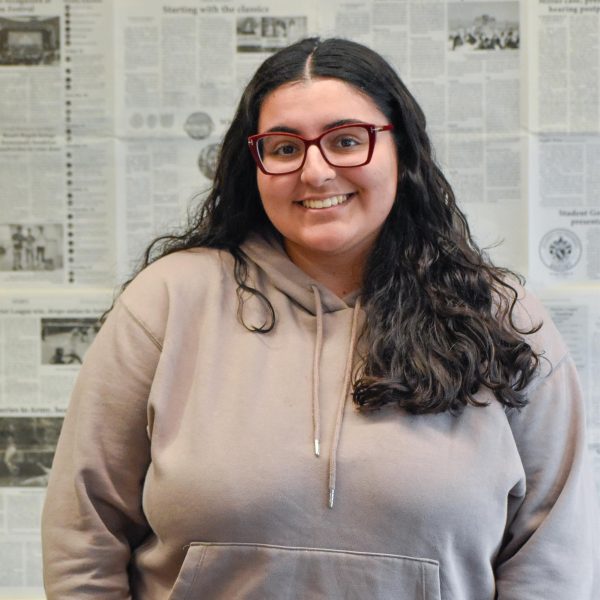According to the American Association of University Women, women make up only 28% of the workforce in the STEM (science, technology, engineering and math) field. Nonbinary people make up an even smaller percentage.
The Kovalevsky Society seeks to provide more opportunities for those who have difficulty feeling seen in the STEM field.
A peer mentoring program within the math department, the Kovalevsky Society is dedicated to helping women and nonbinary students in the math fields. The program specifically helps those majoring in math and economics, as well as students minoring in data science.
According to assistant professor of mathematics and co-founder Joy Zhou, the society’s presence on campus fosters “a sense of community and a sense of being empowered.”
Zhou and assistant professor of mathematics Allison Lewis began the program at the college four years ago.
An event that discussed the concept of peer mentors inspired them to create the program. The speaker talked about research conducted on the effectiveness of women mentoring women in undergraduate settings.
“The take-home message was how we should have more of those peer mentor programs. [Professor Lewis and I] were sitting right next to each other and we were like, ‘Why don’t we do this in our department?'” Zhou said.
In addition to this event, Zhou said that one main reason for the society’s genesis was to specifically help women and nonbinary people navigate the obstacles they face in STEM fields.
“I think it’s not uncommon for us to sometimes feel like we face certain obstacles,” Zhou said of women and nonbinary people in STEM. “In this program, we put people together and we have more of a sense of community. So when we’re facing those obstacles, we know that we’re not alone.”
The program currently has over 20 members. Zhou hopes for the growth of the program over the coming years.
One of the program’s initiatives is to work with elementary school students with the goal of inspiring young girls who are interested in math to continue their passion for the subject throughout their education.
“If we do an outreach, do some fun math with elementary school students so then they can see all these women mathematicians, hopefully, that will leave an impression: ‘We can be mathematicians in the future,’” Zhou said.
Last year, the Kovalevsky Society coordinated another outreach mentoring program over Zoom. Zhou hopes that the society will have similar in-person initiatives in the future, with the goal of eventually creating a recurring youth mentorship program.
Those interested in joining the society can contact Zhou at [email protected].




















































































































